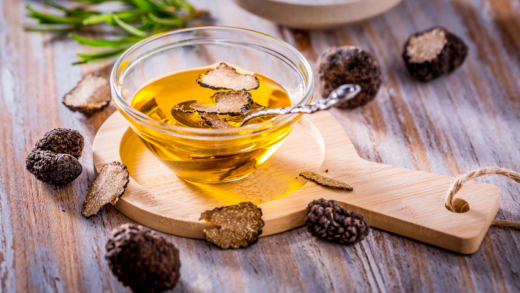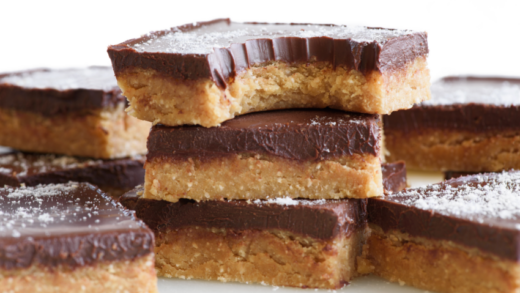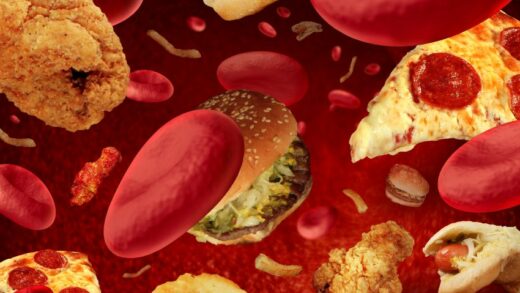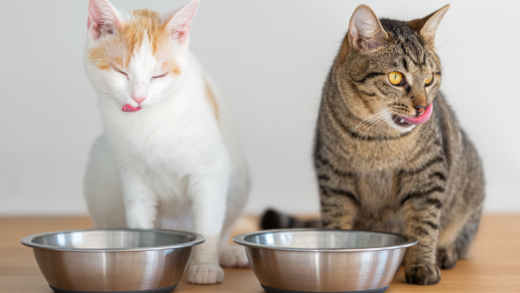If you’re looking to shed a few pounds, you’re not alone. Many people struggle with excess weight, and the process of losing it can be daunting. But did you know that there are certain foods that can help you burn fat more efficiently? These “fat-burning foods” can help boost your metabolism, increase your energy levels, and keep you feeling full and satisfied.
In this article, we’ll take a closer look at some of the best fat-burning foods and how you can incorporate them into your diet. From lean proteins to fiber-rich vegetables, these foods can help you achieve your weight loss goals and improve your overall health.
Top Fat-Burning Foods:
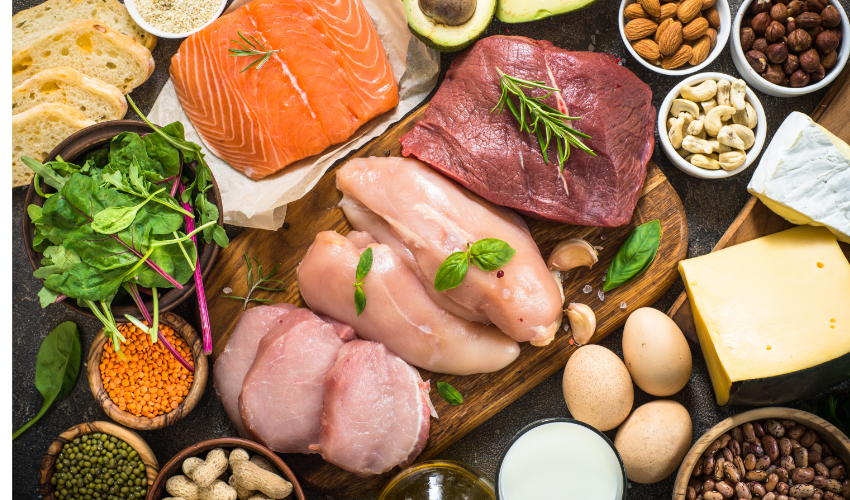
- Lean Proteins:
Protein is an essential nutrient that helps build and repair muscle tissue. But did you know that it can also help you burn fat? Studies have shown that a diet high in protein can boost metabolism, increase feelings of fullness, and reduce calorie intake. Some of the best sources of lean protein include chicken, turkey, fish, and tofu.
- Whole Grains:
When it comes to carbs, not all are created equal. Whole grains like quinoa, brown rice, and oats are high in fiber and complex carbohydrates, which can help regulate blood sugar levels and keep you feeling full for longer. They also contain important nutrients like iron and B vitamins, which can help support energy levels and overall health.
- Fruits and Vegetables:
Fruits and vegetables are low in calories and high in fiber, making them an ideal choice for weight loss. They’re also packed with vitamins, minerals, and antioxidants that can help support a healthy immune system and reduce inflammation. Some of the best fat-burning fruits and vegetables include apples, berries, spinach, kale, and broccoli.
- Nuts and Seeds:
Nuts and seeds are high in healthy fats, fiber, and protein, making them a great snack choice for weight loss. They can help reduce inflammation, regulate blood sugar levels, and keep you feeling full and satisfied. Some of the best options include almonds, walnuts, chia seeds, and flaxseeds.
- Spices:
Adding spices to your meals can not only enhance the flavor but also help you burn fat. Spices like cayenne pepper, turmeric, and cinnamon can help boost metabolism, reduce inflammation, and regulate blood sugar levels. Try adding them to your favorite dishes for an extra fat-burning boost.
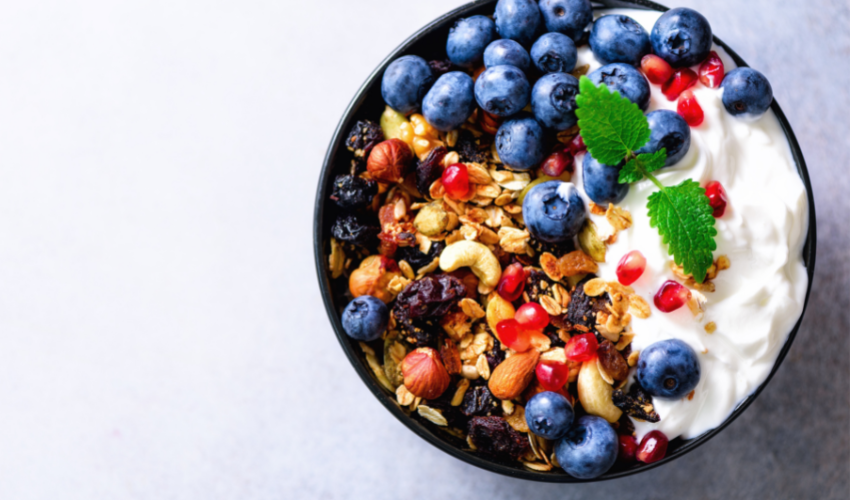
FAQs:
Can I eat fat-burning foods and still indulge in my favorite treats?
Yes, you can. Incorporating fat-burning foods into your diet doesn’t mean you have to give up all your favorite treats. It’s all about balance and moderation.
How much of these fat-burning foods should I eat?
The amount of fat-burning foods you should eat depends on your individual needs and goals. It’s important to talk to a healthcare professional or registered dietitian to determine the right balance for you.
Do I need to exercise to see results from these fat-burning foods?
While incorporating fat-burning foods into your diet can help with weight loss, it’s important to also engage in regular exercise for maximum benefits.
Can I only eat fat-burning foods and still lose weight?
Eating fat-burning foods alone may not be enough to achieve significant weight loss. It’s important to also practice portion control and engage in regular physical activity.
Are all fats bad for you?
No, not all fats are bad for you. In fact, healthy fats like those found in nuts, seeds, and fatty fish can actually be beneficial for weight loss and overall health.
Conclusion
Incorporating fat-burning foods into your diet can be a simple and effective way to support weight loss and improve your overall health. From lean proteins to fiber-rich vegetables, these foods can help boost metabolism, regulate blood sugar levels, and keep you feeling full and satisfied.
Remember, there is no one-size-fits-all approach to weight loss, and it’s important to find a balance that works for your individual needs and goals. Talk to a healthcare professional or registered dietitian to determine the best plan of action for you.
By incorporating these fat-burning foods into your diet, along with regular exercise and a balanced approach to nutrition, you can achieve your weight loss goals and improve your overall health and wellbeing.
